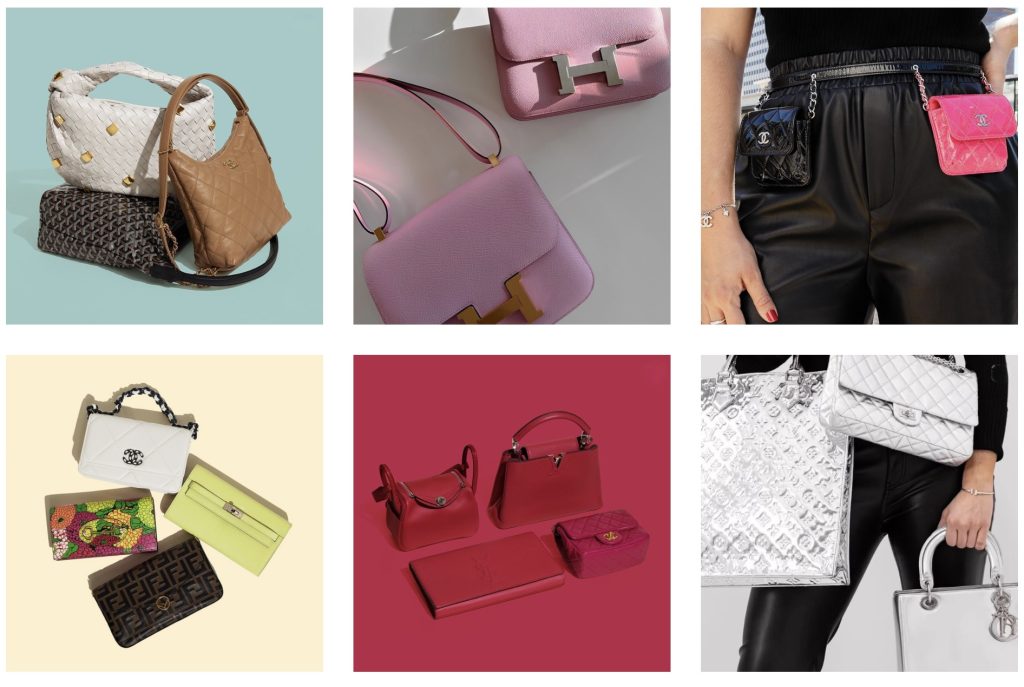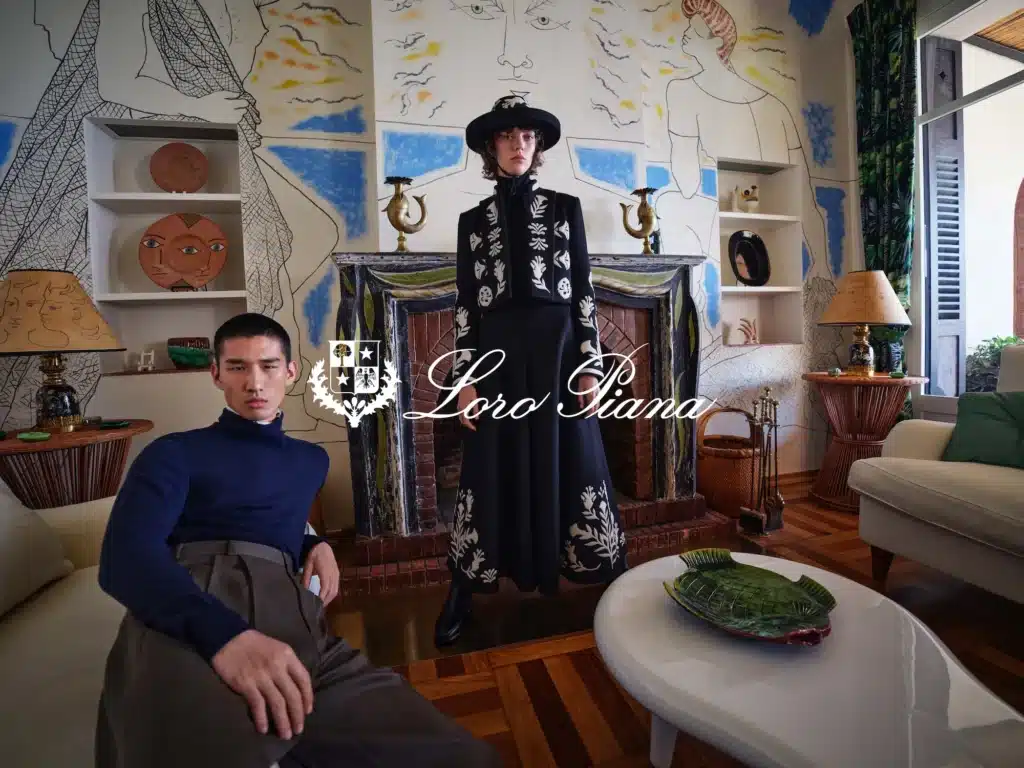Mario Valentino has dropped its claims against Fashionphile, with counsel for the mid-market accessories brand submitting a stipulation with the U.S. District Court for the Southern District of New York on February 22 to voluntary dismiss the trademark lawsuit that it filed last fall. The case – which saw Mario Valentino accuse Fashionphile of trademark infringement, false advertising, and unfair competition in connection with its sale of authentic Valentino accessories – will be dismissed with prejudice against the Southern California-headquartered luxury/fashion resale company and without costs.
One of the latest cases to center on the still-burgeoning luxury resale market, Mario Valentino sued Fashionphile in October 2022, accusing the reseller of running afoul of the law by offering up products bearing Mario Valentino’s federally-registered “VALENTINO” trademark in an “authorized” manner in order “to promote goods that were neither manufactured by, purchased from, or authorized by Mario Valentino in the U.S.” Mario Valentino asserted in its complaint that it is “the first and senior owner of the registrations of the VALENTINO family of trademarks on leather handbags and similar goods in the U.S.,” including its almost 50-year-old registration (no. 0951621) for “VALENTINO” for use on “handbags and luggage.”
Far from being a straightforward trademark case waged by a brand against a reseller that is allegedly engaging in infringement (à la Chanel v. The RealReal), the reality is that the goods at issue in the case were not counterfeit Mario Valentino bags masquerading as real Mario Valentino bags, but instead, were authentic accessories made by the similarly named but unaffiliated Valentino, S.p.A.
The Bigger Picture: Fashionphile was being pulled into an ongoing clash between Valentino, S.p.A. and Mario Valentino, which are locked in legal battles in the U.S. and Italy over their respective uses of the “Valentino” trademark. As TFL first reported, Valentino filed a lawsuit against Mario Valentino in a California federal court in July 2019, alleging that the brand and its American licensee are on the hook for false advertising, unfair competition, and design patent infringement for “actively engaging in a campaign to trade off Valentino’s goodwill in the U.S. handbag market.” That cased center on a co-existence agreement that the two Valentinos entered into more than 40 years ago in an attempt to avoid consumer confusion and corresponding legal complications stemming from their nearly-identical monikers and relatively similar offerings.
In accordance with the 1979 co-existence agreement, Mario Valentino – which got its start in 1952 as a footwear and leather goods company – is “permitted to use the ‘V’ or ‘Valentino’ mark on the outside of its handbags [and corresponding marketing], but is not permitted to use the ‘V’ and ‘Valentino’ marks together,” but it “must also use the ‘Mario Valentino’ mark on the inside and packaging of all handbags to avoid consumer confusion.” In other words, Mario Valentino can use the “VALENTINO” name on leather goods, such as handbags, assuming it includes the full “Mario Valentino” name on the inside.
Meanwhile, the agreement limits how Valentino, S.p.A. – which was founded by Valentino Garavani in 1960 and was far better known for couture than handbags when the agreement was signed – can use the “VALENTINO” name. In particular, it mandates that for leather handbags, and other similar goods, Valentino, S.p.A. “may only use its [V] symbol and/or ‘VALENTINO GARAVANI.’” Put simply, Valentino, S.p.A. “must utilize the term ‘GARAVANI’ in addition to ‘VALENTINO’ to minimize consumer confusion between the parties.”
The lawsuits pitting Mario Valentino against Valentino, S.p.A. are still underway.
The case is Mario Valentino S.p.A v. Fashionphile Group LLC, 1:22-cv-08984 (SDNY).














